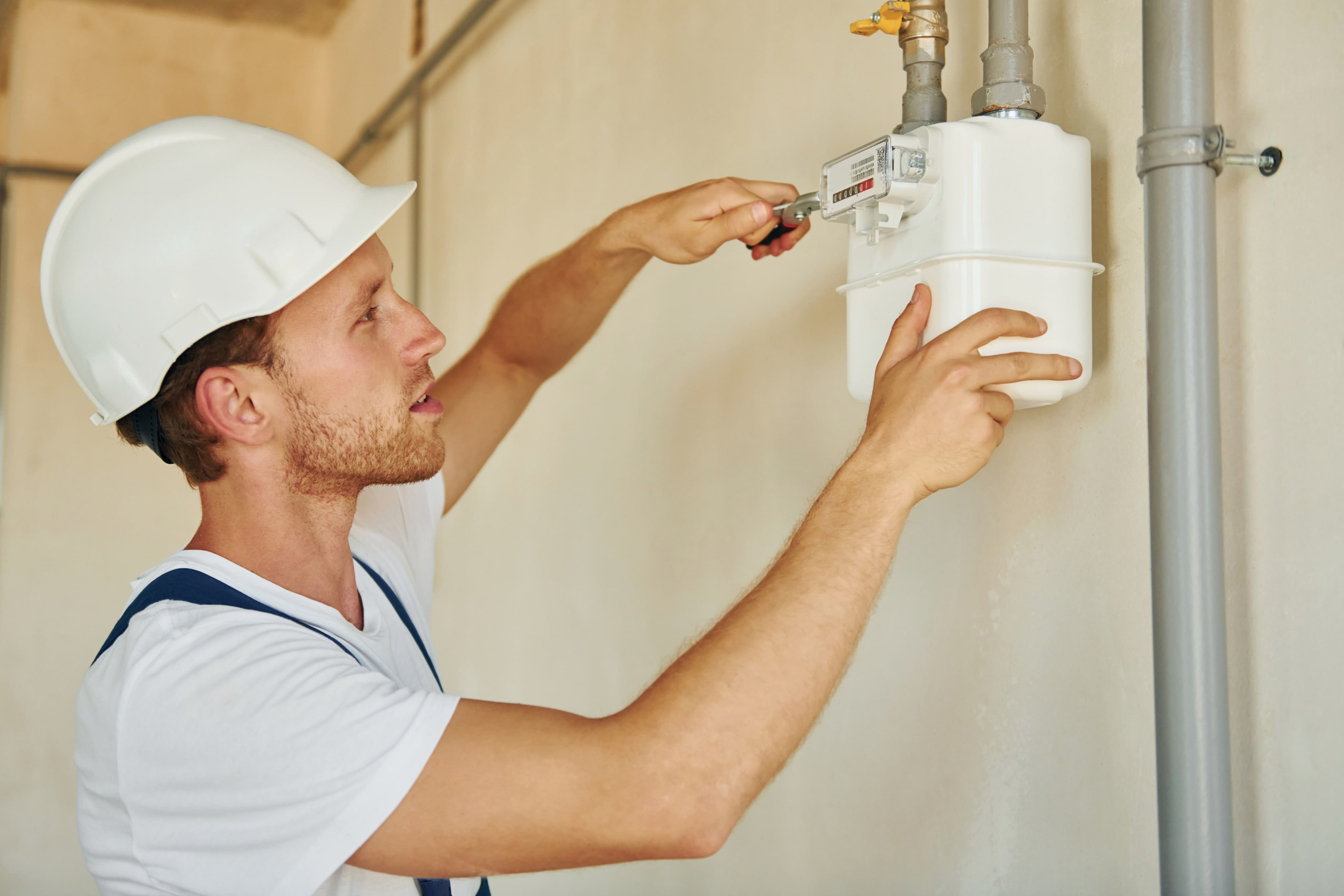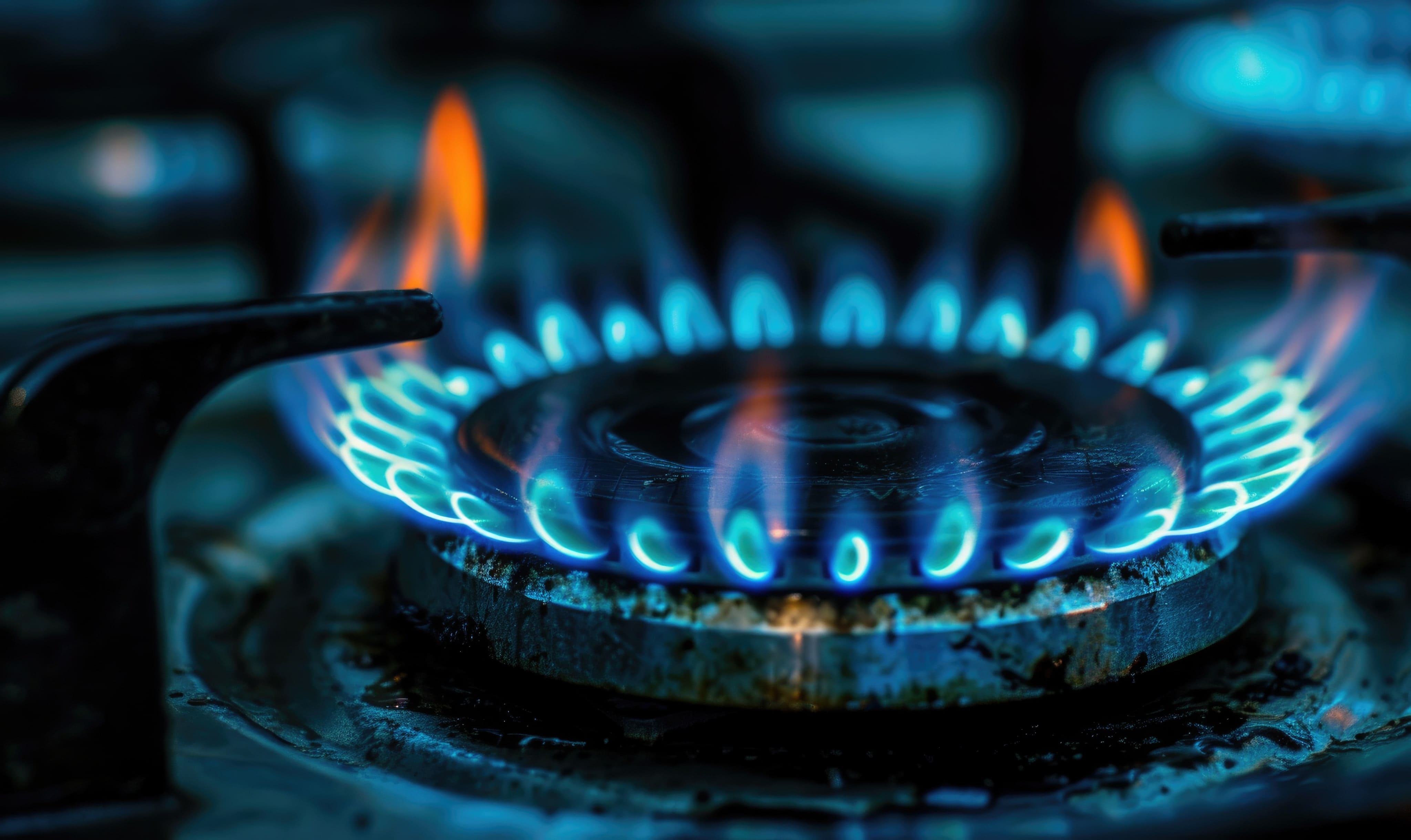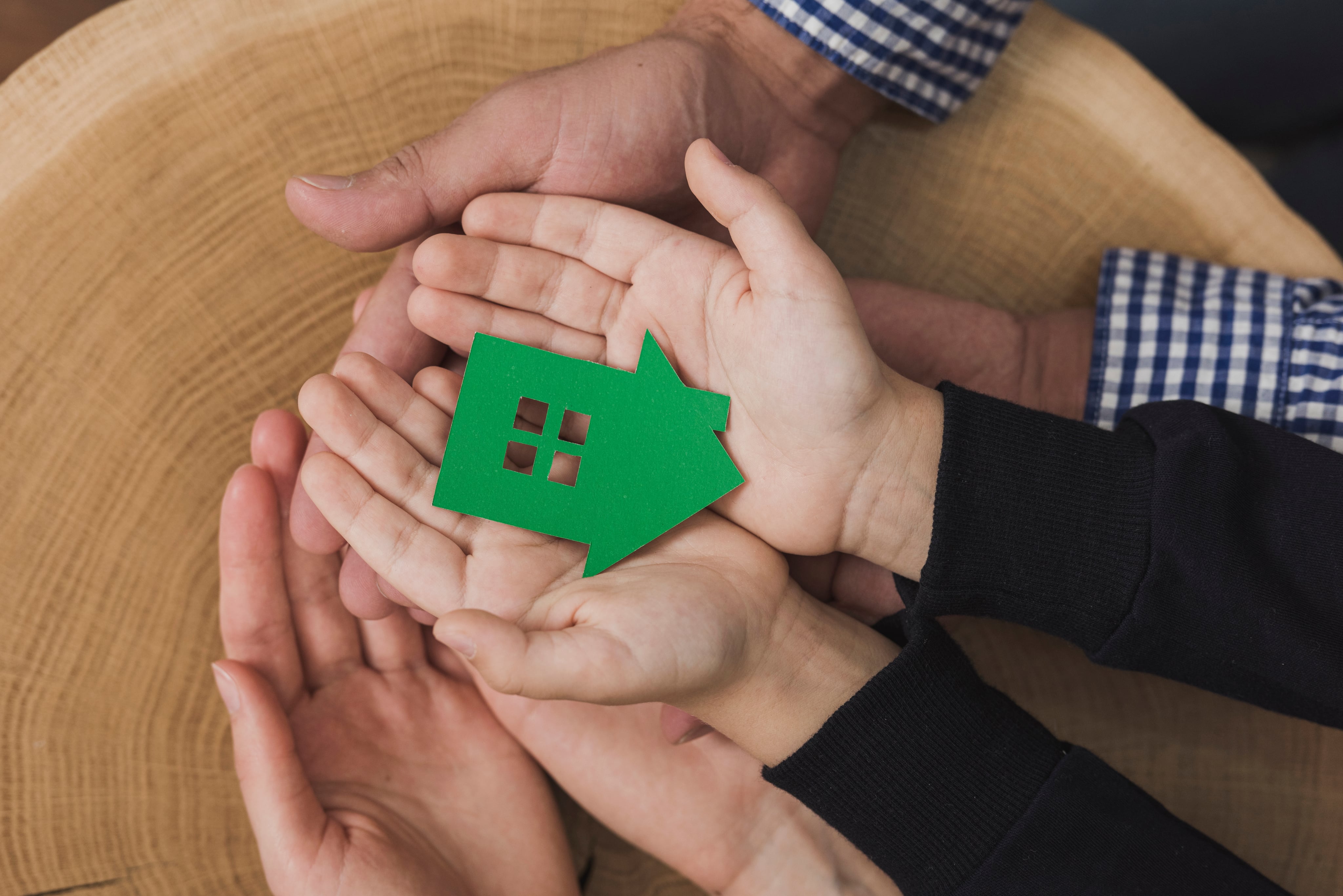For further information on switching to prepayment energy with E, visit www.e.org/switching-to-us.
Or, if you're already with us and you'd like to upgrade to a smart meter, please use the contact us form.

Gas for most people is an everyday energy source, widely used in the home for both cooking and heating. According to a report published by the UK government , 3 out of 4 households in England and Wales use gas as their only central heating source which is why gas safety is essential.
In this blog we will go through gas safety regulations, tips and precautions that can help you detect and manage a gas leak and how you can keep your home as safe as possible from any accidents and hazards.

Accidents caused by gas-related problems can have serious consequences such as fires, explosions and poisoning from gasses such as carbon monoxide.
Any appliance within your home that uses a gas source including, gas fires, cookers, hobs or boilers can produce carbon monoxide (CO) which can be deadly if not detected. According to the Gas Safety Trust, there are around 40 deaths and 400 people admitted to hospital each year in the UK due to the effects of carbon monoxide poisoning.
All gas appliances should be serviced annually by a Gas Safe registered engineer and you should have a carbon monoxide detector installed in your home.

Regularly check any gas appliances: It is important to have an annual gas safety inspection as poorly maintained or incorrectly fitted gas appliances can cause fires, gas leaks, explosions and carbon monoxide poising, all of which can be deadly.
Use a Gas Safe registered engineer: This ensures that any work will be carried out correctly and safely, keeping your home and your family safe.
Ask to see their Gas Safe card: Anyone carrying out work on gas appliances must, by law, be Gas Safe registered. Ask to see their card, they will happily show you.
Install carbon monoxide detectors: As carbon monoxide cannot be seen or smelt, install carbon monoxide detectors in your home, especially by sleeping areas so they can alert you if they detect an issue.
Recognise the signs of a faulty gas appliance: Regularly do a visual check of your appliances and act on any warning signs which can include:
a. Finding black stains, soot or burn marks around or on the appliance
b. Hearing a whistling sound from the appliance as this could indicate a leak
c. If the flame is yellow instead of blue
d. Pilot light frequently going out
e. If you smell a distinct, distasteful smell (like rotten egg)
f. If it takes longer to cook food on the hob
Know the signs of carbon monoxide poisoning:
Once carbon monoxide gets into your system, it prevents oxygen from reaching important organs and
tissue and high exposure can cause unconsciousness and even death.
Signs of carbon monoxide poisoning can include: Headaches, dizziness, nausea, vomiting, shortness of breath, fainting, loss of consciousness
Locate your Emergency Control Valve (ECV): Know where your Emergency Control Valve is located so you can quickly switch off your gas supply in an emergency.
Maintain vents and chimneys: Always maintain your vents and chimneys and keep them clear from obstructions and blockages so that areas are ventilated and gases can escape as expected.
Only use a gas appliance for its intended purpose: Don’t use an appliance for something it wasn’t meant for such as using a gas hob to heat a room.
If you’ve moved house, get your gas appliances checked: Never assume that someone else has done this before you and for yours and you families’ peace of mind, get all gas appliances checked by a Gas Safe registered engineer.

If you live in a rental property it is your landlords responsibility to ensure that any gas appliances (permanent or portable) and any flues have an annual gas safety check which is carried out by a Gas Safe engineer.


By following these simple gas safety tips, you will drastically reduce the chances of gas related accidents within your home.
Timely inspections and maintenance checks, raising awareness will help keep you and your family out of harms way.

For further information on switching to prepayment energy with E, visit www.e.org/switching-to-us.
Or, if you're already with us and you'd like to upgrade to a smart meter, please use the contact us form.